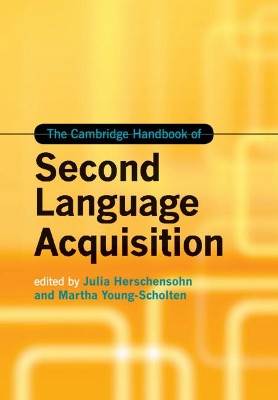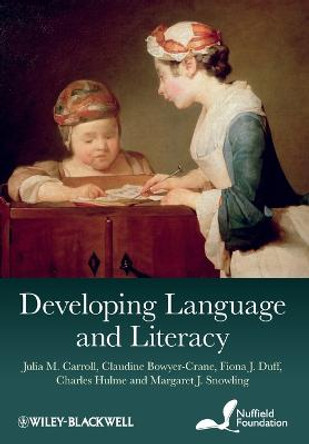The anecdotal view of language acquisition is that children learn language with apparent ease, no instruction and in very little time, while adults find learning a new language to be cognitively challenging, labour intensive and time-consuming. In this book Herschensohn examines whether early childhood is a critical period for language acquisition after which individuals cannot learn a language as native speakers. She argues that a first language is largely susceptible to age constraints, showing major deficits past the age of twelve. Second-language acquisition also shows age effects, but with a range of individual differences. The competence of expert adult learners, the unequal achievements of child learners of second languages, and the lack of consistent evidence for a maturational cut-off, all cast doubt on a critical period for second-language acquisition.
This book presents an examination of whether early childhood is a critical period for language acquisition.About the AuthorJulia Herschensohn is Professor and Chair of the Department of Linguistics at the University of Washington.
Reviews'... will most certainly function as a rich resource for scholars interested in age effects in language acquisition for many years to come.' Journal of Linguistics
Book InformationISBN 9780521872973
Author Julia HerschensohnFormat Hardback
Page Count 304
Imprint Cambridge University PressPublisher Cambridge University Press
Weight(grams) 580g
Dimensions(mm) 229mm * 152mm * 17mm






